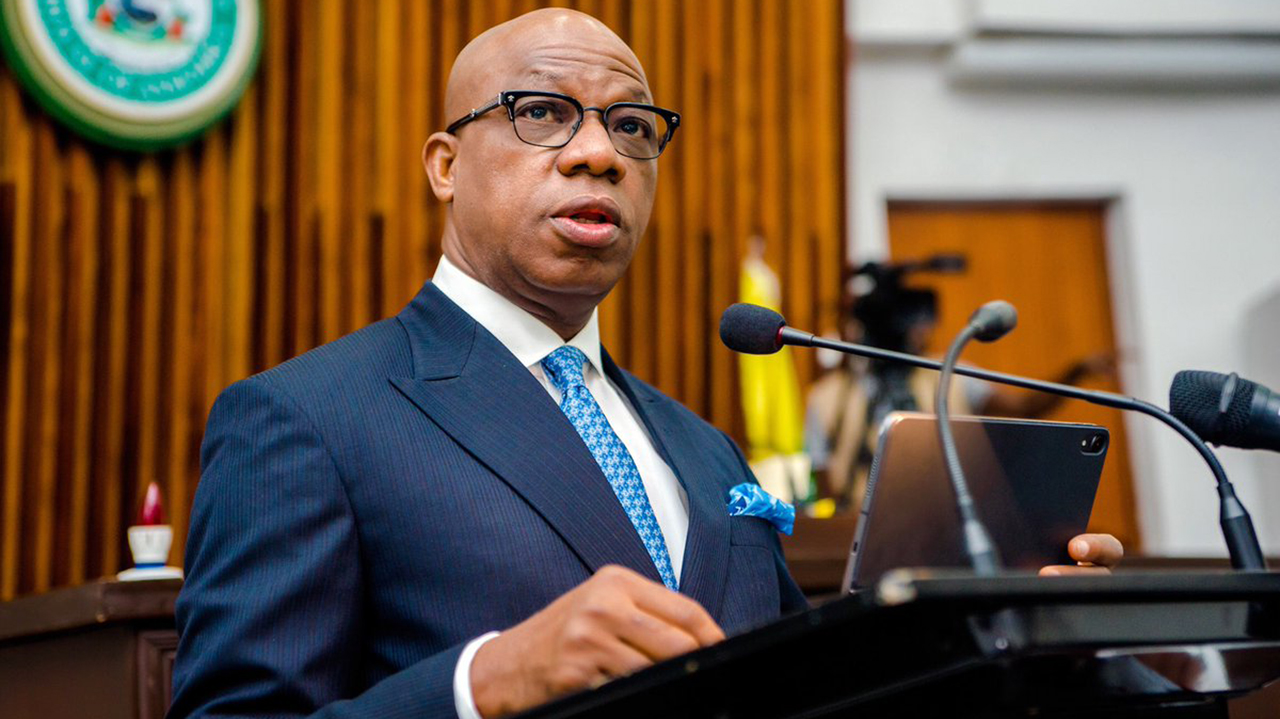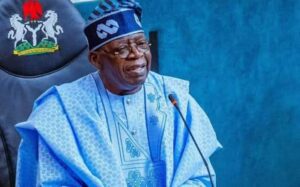
Over 2,822 entrepreneurs to benefit from N1bn Ogun operational grant
Over 2,822 entrepreneurs are set to benefit from the second phase of the N1 billion Operational Grant for Micro and Small scale Enterprises in Ogun state.
The grant is being awarded under its OG-CARES scheme.
The first disbursement was done in 2023, during which 1,000 entrepreneurs in micro enterprises received N100,000 each, while those in the small scale categories received N350,000 each.
About 2,822 entrepreneurs are expected to benefit from the second phase.
Speaking at the event, which was held at the Obas’ Complex, Oke-Mosan, Abeokuta, Governor Dapo Abiodun noted that his administration’s blueprint specifies a social contract with the people of the Gateway State as encapsulated in the “Building Our Future Together” Agenda, stressing that the 2nd phase marks another milestone in his government’s commitment to supporting growth and development of the state’s Medium, Small and Micro scale Enterprises.
Governor Abiodun, who was represented by his Deputy, Engr. (Mrs) Noimot Salako-Oyedele added that these enterprises played a crucial role in promoting entrepreneurship, fostering innovation, and driving inclusive economic growth.
He added that the operational grant disbursement was aimed at supporting businesses within the state, particularly in the face of the harsh economic realities around the world.
He disclosed that beneficiaries were selected through the same strategic, all inclusive and methodical approach, which his administration is known for by carefully identifying genuine entrepreneurs nominated by key stakeholders in the society, such as chairmen of local governments, market men and women associations, Community Development Councils, organised private sector, National Youth Council, Association of People Living with Disabilities amongst others.
While appreciating President Bola Ahmed Tinubu for initiating the scheme, the Prince Abiodun reassured that the disbursement will be extended beyond June 2024 when it was initially supposed to end, urging beneficiaries to use the grants wisely and responsibly.
The Governor added that the grant was given with the expectation of driving a positive change as well as contributing to the growth and development of our economy.
Speaker of the State House of Assembly, Rt. Hon. Oludaisi Elemide noted that to whom much is given, much is expected, and implored beneficiaries not to see the grant as a national cake but to use it for the purpose it was meant for.
Earlier in his remarks, the Chairman steering committee for OGCARES who is also Commissioner for Finance, Mr Dapo Okubadejo, said the disbursement, which started in 2022 was to mitigate the effect of COVID-19 pandemic by providing support for small and medium scale business owners in the state, noting that 2,822 small and micro enterprises would benefit from the second phase.
While imploring them to make judicious use of the money, he said that the grant would also serve as social protection for the poor and vulnerable in the society and support agricultural businesses.
Also speaking, the ALGON Chairman in the state, who is also the Chairman Ijebu Ode Local Government, Hon. Emilola Gazal appreciated the state government for its commitment and support towards developing the grassroots.
He said the grant was timely, especially now that many people are going through a lot of hardship in the country while advising beneficiaries to make good use of the money.
In their separate testimonies, Chairman Association of all Business Owners of Nigeria, Dr Femi Egbesola and the Iyaloja General of Ogun State, Alhaja Yemisi Abass, represented by the Iyaloja of Obafemi Owode, Chief (Mrs) Ganiyat Oyelakin, commended Prince Abiodun for his developmental strides in the state, especially in empowering small and medium scale business owners, youths, farmers and market men and women.
He said that the OGCARES scheme has turned many beneficiaries to employers of labour.




